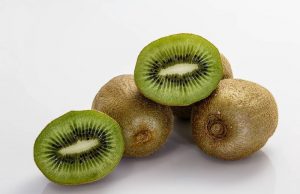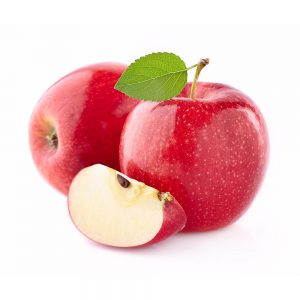The Juicy Delight for Your Health and Taste Buds
Why Choose Pears?
Pears are among the most versatile and delicious fruits, prized for their sweet flavor and juicy texture. From the classic Bartlett to the crisp Anjou, people worldwide enjoy pears for their unique taste and numerous health benefits. For commercial importers and distributors, adding pears to your product lineup can help meet the growing demand for fresh, nutritious fruit. This guide explores their nutritional benefits, culinary uses, and tips for selecting and storing pears, highlighting why they are an excellent choice for consumers.


Nutritional Benefits of Pears
1. Rich in Vitamins and Minerals
Pears provide essential vitamins and minerals that support overall health. For instance, they are an excellent source of vitamin C, which boosts immune function, supports skin vitality, and aids collagen production. A medium-sized pear delivers about 12% of the recommended daily intake of vitamin C. Additionally, pears contain potassium, which helps regulate blood pressure and supports heart health.
2. High in Dietary Fiber
Pears stand out for their high dietary fiber content. A medium pear provides 5–6 grams of fiber, mainly soluble fiber called pectin. This fiber promotes digestion, supports gut health, and helps maintain healthy cholesterol levels. Furthermore, eating pears can increase feelings of fullness, making them a smart choice for weight management.
3. Antioxidant Properties
Pears contain antioxidants, including flavonoids and vitamin C, which combat oxidative stress in the body. These antioxidants reduce inflammation and may lower the risk of chronic diseases such as heart disease and certain cancers. Consequently, including pears in your diet provides a tasty way to support overall health.
Culinary Uses of Pears
1. Fresh Snacking
Pears make a delicious and healthy snack. Their juicy sweetness makes them perfect for eating fresh, whether on their own or paired with cheese for an appetizer. Additionally, slice them into lunchboxes or enjoy them as a refreshing treat on a hot day.
2. Baking and Cooking
Pears are extremely versatile in the kitchen. For example, their natural sweetness enhances tarts, pies, and crumbles while adding moisture to baked goods. Moreover, you can sauté or roast pears to complement savory dishes such as salads, meat plates, or grain bowls.
3. Juices and Smoothies
Pears blend smoothly into juices and smoothies, contributing mild sweetness and a creamy texture. Try combining them with leafy greens, bananas, or berries for a nutrient-packed beverage. In addition, pear juice can serve as a flavorful base for cocktails, adding a unique dimension to drinks.
Tips for Selecting and Storing Pears
1. Choosing the Right Pears
Select pears that are firm but slightly yield to gentle pressure, which indicates ripeness. Ensure the skin is smooth and free of blemishes. Different varieties ripen at different rates. For instance, Bartlett pears change from green to yellow as they ripen.
2. Proper Storage Techniques
Store pears at room temperature until they ripen. Once ripe, move them to the refrigerator to extend their shelf life. If you need to speed up ripening, place pears in a paper bag with an apple or banana, which release ethylene gas and accelerate the process.
3. Using Pears in Recipes
Incorporate pears into a wide range of dishes, both sweet and savory. Experiment with cooking methods and flavor pairings to discover new ways to enjoy this versatile fruit. Their adaptability makes pears a staple ingredient in many culinary creations.



